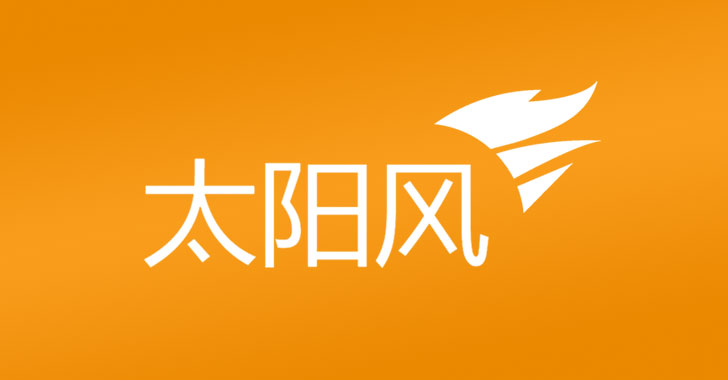Microsoft has shared technical details about a now-fixed, actively exploited critical security vulnerability affecting SolarWinds Serv-U managed file transfer service that it has attributed with “high confidence” to a threat actor operating out of China.
In mid-July, the Texas-based company remedied a remote code execution flaw (CVE-2021-35211) that was rooted in Serv-U’s implementation of the Secure Shell (SSH) protocol, which could be abused by attackers to run arbitrary code on the infected system, including the ability to install malicious programs and view, change, or delete sensitive data.
“The Serv-U SSH server is subject to a pre-auth remote code execution vulnerability that can be easily and reliably exploited in the default configuration,” Microsoft Offensive Research and Security Engineering team said in a detailed write-up describing the exploit.
“An attacker can exploit this vulnerability by connecting to the open SSH port and sending a malformed pre-auth connection request. When successfully exploited, the vulnerability could then allow the attacker to install or run programs, such as in the case of the targeted attack we previously reported,” the researchers added.
While Microsoft linked the attacks to DEV-0322, a China-based collective citing “observed victimology, tactics, and procedures,” the company has now revealed that the remote, pre-auth vulnerability stemmed from the manner the Serv-U process handled access violations without terminating the process, thereby making it simple to pull off stealthy, reliable exploitation attempts.
“The exploited vulnerability was caused by the way Serv-U initially created an OpenSSL AES128-CTR context,” the researchers said. “This, in turn, could allow the use of uninitialized data as a function pointer during the decryption of successive SSH messages.”
“Therefore, an attacker could exploit this vulnerability by connecting to the open SSH port and sending a malformed pre-auth connection request. We also discovered that the attackers were likely using DLLs compiled without address space layout randomization (ASLR) loaded by the Serv-U process to facilitate exploitation,” the researchers added.
ASLR refers to a protection mechanism that’s used to increase the difficulty of performing a buffer overflow attack by randomly arranging the address space positions where system executables are loaded into memory.
Microsoft, which disclosed the attack to SolarWinds, said it recommended enabling ASLR compatibility for all binaries loaded in the Serv-U process. “ASLR is a critical security mitigation for services which are exposed to untrusted remote inputs, and requires that all binaries in the process are compatible in order to be effective at preventing attackers from using hardcoded addresses in their exploits, as was possible in Serv-U,” the researchers said.
If anything, the revelations highlight the variety of techniques and tools used by threat actors to breach corporate networks, including piggybacking on legitimate software.
Back in December 2020, Microsoft disclosed that a separate espionage group may have been taking advantage of the IT infrastructure provider’s Orion software to drop a persistent backdoor called Supernova on infected systems. Cybersecurity firm Secureworks connected the intrusions to a China-linked threat actor called Spiral.

